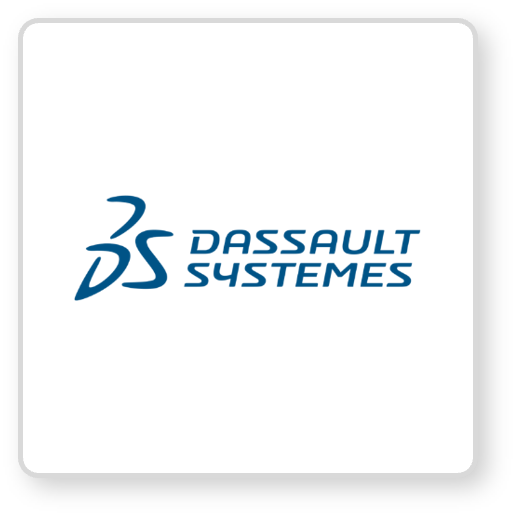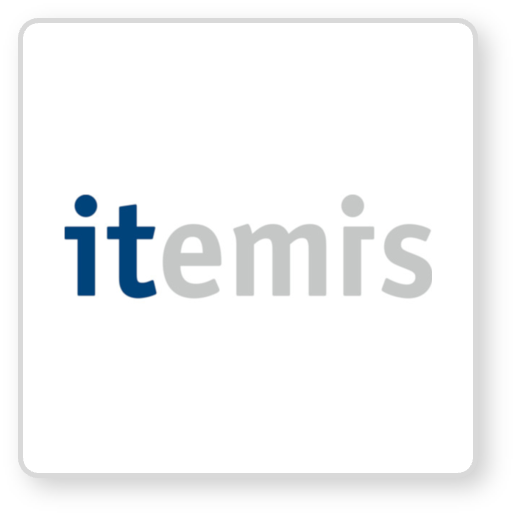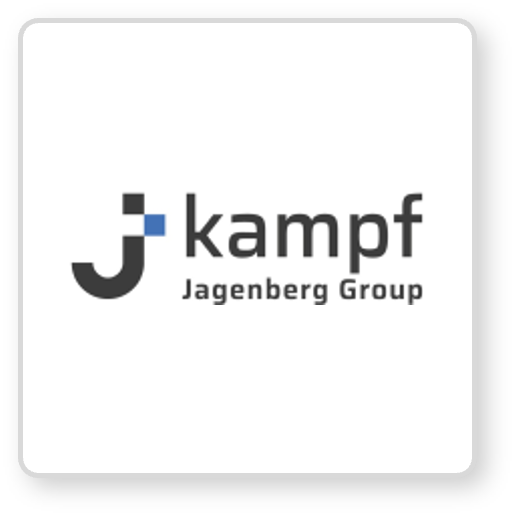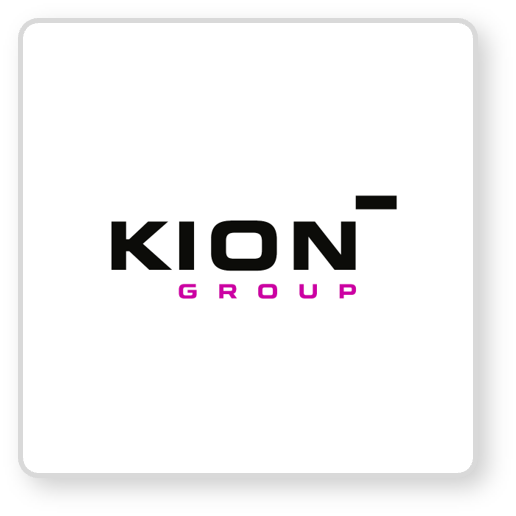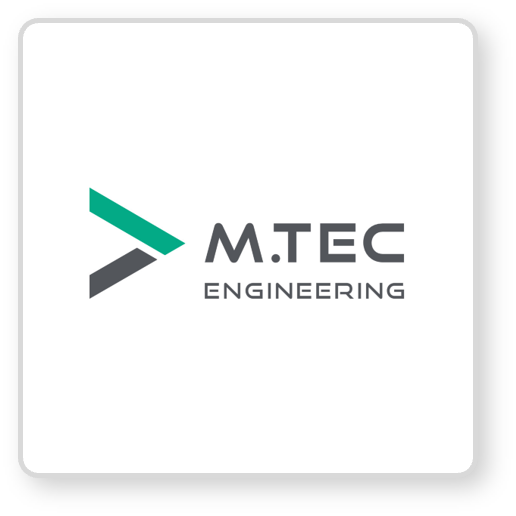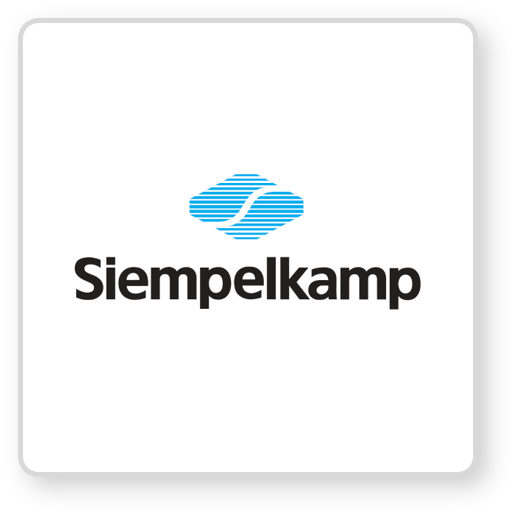Review: 2nd Quarterly Meeting 2025 at BMW in Munich On May 21 and 22, the second CSE Q-Meeting took place at BMW in Munich…
With the SysMLv2 modelling language, you can bring structure to complex systems – and that’s exactly where our training courses come in.
We are pleased to invite you to the 7th Systems Engineering Congress (SEC) on September 23, 2025 at the Design Offices Frankfurt.
At the Center for Systems Engineering, we deal with the requirements and solutions for modern and innovative engineering. Model Based Systems Engineering (MBSE) is the foundation of system development through the use of comprehensive models, while AI-powered engineering solves complex problems more efficiently through the input of artificial intelligence and machine learning.
Circular Lifecycle Engineering optimizes the entire lifecycle of products to minimize resource consumption and environmental impact. Together, these concepts form the basis for future-oriented and sustainable engineering practice.

Model-Based Systems Engineering (MBSE) is the approach to developing complex systems that relies on models instead of traditional documents. It enables a comprehensive representation of the system and promotes collaboration between disciplines. Standardized modelling languages (e.g. SysML) and tools improve efficiency, traceability and decision-making during the development process.

AI-powered engineering uses artificial intelligence to solve complex engineering problems more efficiently. By using machine learning and data analysis, processes are automated, design iterations are optimized and performance improvements are achieved. This speeds up development, reduces costs and promotes innovation.

Circular lifecycle engineering optimizes the entire lifecycle of products to minimize resource consumption and environmental impact. By integrating circular economy concepts, products and materials are designed in such a way that they can be reused, recycled or biodegraded, which reduces waste and improves resource efficiency.
We offer three types of membership: Basic, Business and Premium. Depending on the membership type, members enjoy different rights within the five benefit modules. The five benefit modules include:




